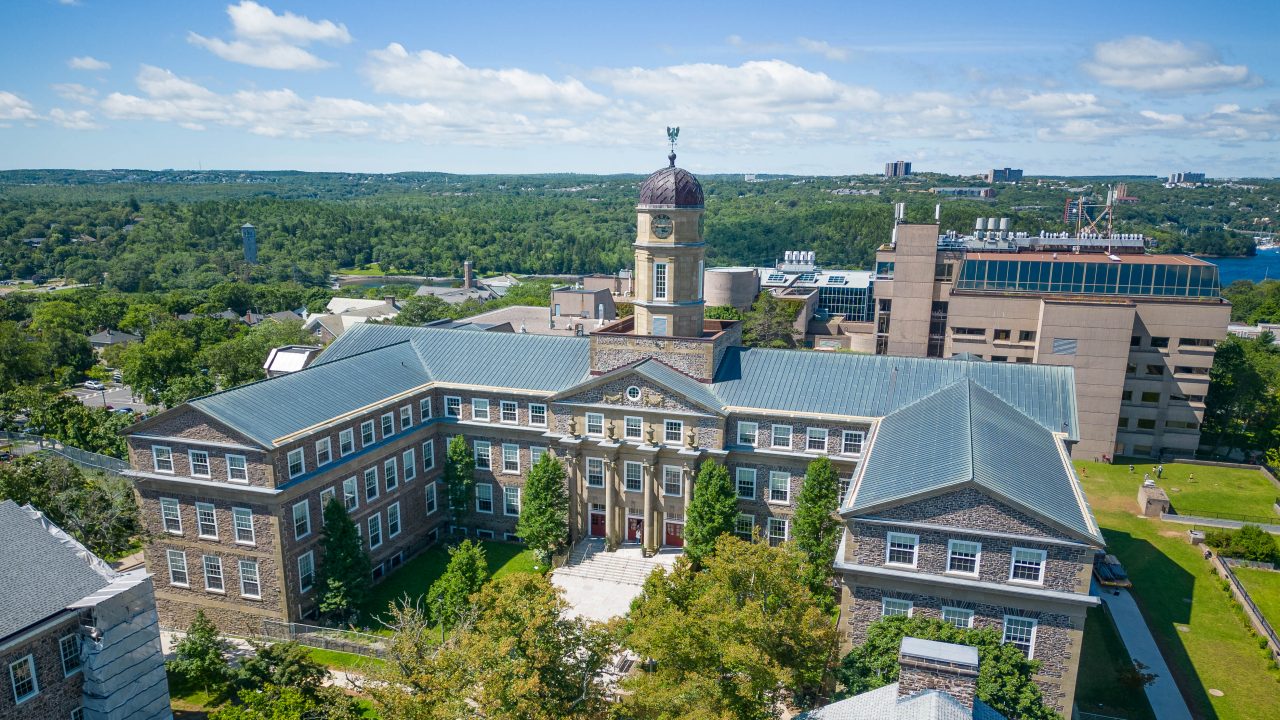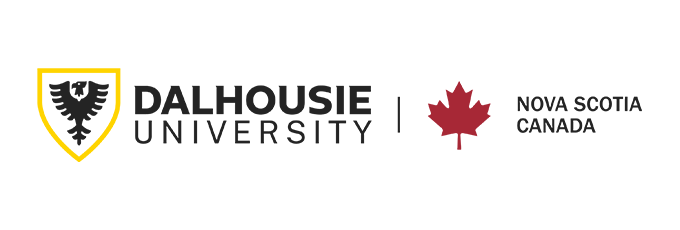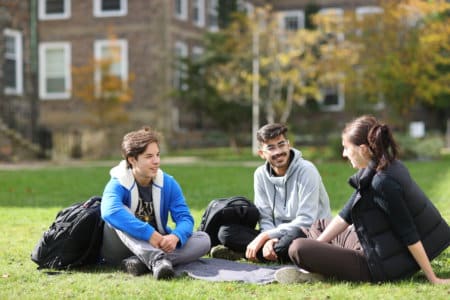Moving country can be life-changing. More so if you’re moving country to attend a university.
Not only are you preparing for the future, but you’re in for an adventure of a lifetime. Whether within or beyond campus, your experiences here will form your identity. This is an important opportunity as much as an exhilarating journey.
That said, studying abroad can feel overwhelming. From visas to making friends and, for many, learning how to be independent, there’s a lot to do. Picking a university that will have your back every step of the way makes a huge difference, no matter where you come from.
Born in Turkey, Dide Ece Sezer first came to Canada as an exchange student in grade 11. After completing high school and her first year of university at Montreal QC, she transferred to Dalhousie University for a degree in Biochemistry and Molecular Biology and Neuroscience. “My community engagements allowed me to make a transition not only from Turkey but also within different areas of Canada too,” she says. “I moved around Canada quite a bit, and seeing the differences in provincial communities through these engagements helped me adjust better and build a sense of belonging by giving back.”

Source: Dalhousie University
Graduating soon, Dide found strength in the community at Dalhousie University, which helped her feel more at home. She is an active member of the Turkish Society of Nova Scotia (TSNS) and took part in fundraising events as well as in organising of society events. She is involved in mentorships in the Dalhousie International Centre events too.
Following Dide’s footsteps , her sister, Defne Sezer, also found a home at Dalhousie University. Currently in her third year in Biochemistry and Molecular Biology, Defne credits the school’s cosmopolitan feel for making it easy for her to Canada her second home. “As someone who moved to Canada alone at the age of 14, it was challenging for me to hold on to my culture and habits,” she says. “For me, having friends from different backgrounds was very helpful in balancing the two different cultures and blending them. I always tried to make new Canadian friends, as well as Turkish ones.”

Source: Dalhousie University
Defne is also part of the TSNS and participates in community activities such as relay swimming competitions and events organised in collaboration with the international centre like orientations to welcome students. “I took part in many other community activities outside of Nova Scotia since I moved to Canada, including events organised by municipal governments, which helped me shape my understanding of the importance of community involvement,” she says.
Dalhousie University’s community is a big part of why international students feel supported and at home. Boasting a diverse and inclusive campus, there are support services tailored to specific communities. This includes Black student advising, Indigenous student advising, LGBTQ2SIA+ support and spiritual connections.
The international centre is another great resource. Even on the website, you can already find information on visas, planning for arrival, language help, advice on a place to live, and help for family and friends to support you. The frequently asked questions section will see to all your burning thoughts, such as what permits you need to study in Canada, if you can work part-time, information on health insurance and more.
The centre aims to break down the more complicated challenges, such as your visa and immigration requirements. You could learn the difference between a Study Permit Extension and a Temporary Resident Visa Extension eTA. For those who need it, there are even family member permits and visas to consider, such as Family Invitation, Spouse/Common Law Partner Work Permit and Temporary Resident Visa Renewal.
If you are an international student who needs to participate in a mandatory co-op, internship, practicum, or placement as part of their programme, you must also apply for a co‑op work permit. This allows you to apply for work on or off campus, paid or unpaid, throughout the year, without restrictions on your work hours. The school offers assistance for this as well.
If you hope to work in Canada after graduation, the university provides a step-by-step guide to the process, emphasising that you must start early. There are resources to explore if you are looking for pathways to permanent residence as an international student. “Although I have not benefitted from the placement services at Dalhousie yet, I found career counselling very useful in making decisions towards my future career and making the best out of my skills, interests, and educational background,” says Defne.
From the sweeping support to the career-readying education, there are many reasons many international students end up recommending Dalhousie University to their family and friends. For Defne, the availability of research labs and programmes, as well as the many co-op programmes, were certainly top highlights. “I specifically looked for universities that had the programmes that I was interested in and offered various scholarship opportunities within the institution,” she adds.
Click here to apply to Dalhousie University now.
Follow Dalhousie University on Facebook, Twitter, YouTube, Instagram and LinkedIn.













